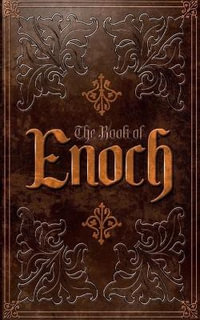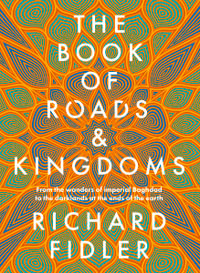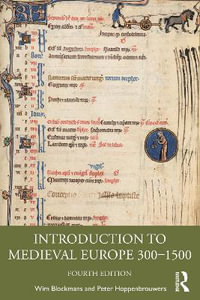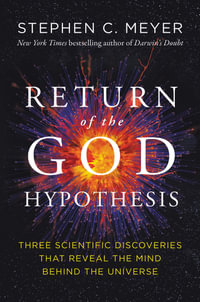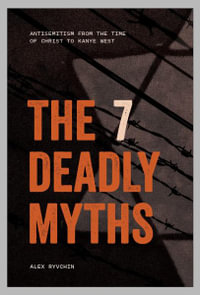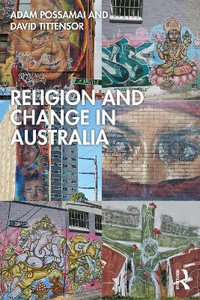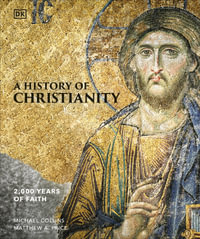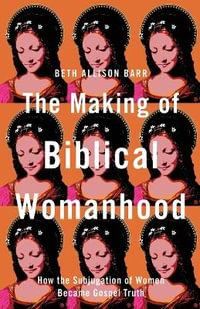One Unitarian preacher prefaces his opposition to the invasion of Iraq by insisting that meaningful religion is a process of "ongoing revelation." He pits this essential "liberal" tenet against the closed-canon biblicism of "the Fundamentalists who find in their Holy Book the blueprints for war, who discover in the prejudices of ancient peoples the legitimization of oppression today," and concludes by invoking Ralph Waldo Emerson as his authority on the necessity of continuing revelation. Elsewhere, a conservative evangelical Christian observes the Episcopalian convention that nearly dissolved over the ordination of a homosexual bishop and is disgusted by the "ease with which ... clergy and laity speak of an open canon." We must be, he sarcastically suggests, "all Latter-day Saints now." Why did these two men revert to religious innovations of the antebellum era - Transcendentalism in one case, Mormonism in the other - to frame their understanding of contemporary religious struggles? David Holland argues that the generation from which Emerson and Mormonism emerged might be considered the United States'' revelatory moment. From Shakers to Hicksite Quakers, from the obscure African American prophetess Rebecca Jackson to the celebrated theologian Horace Bushnell, people throughout antebellum Americans advocated the idea of an open canon. Holland tells their stories and considers their place within the main currents of American thought. He shows that in the antebellum era, the notion of an open canon appeared to many to be a timely idea, and that this period marked the beginning of a distinctive and persistent engagement with the possibility of continuing revelation. This idea would attain deep significance in the intellectual history of the United States. Sacred Borders deftly analyzes the positions of the most prominent advocates of continuing revelation, and engages the essential issues to which the concept of an open canon was inextricably bound. Holland offers a new perspective of the matter of cultural authority in a democratized society, the tension between subjective truths and communal standards, a rising historical consciousness, the expansion of print capitalism, and the principle of religious freedom.
Industry Reviews
"A very provocative and erudite, not to mention ambitious, book... The author's command of primary sources, the cognate secondary literature, and the broad stream of intellectual history is impressive... This is an excellent book, one that raises all sorts of issues about authority in late eighteenth- and early nineteenth-century America."--BYU Studies Quarterly
"[An] erudite and intriguing study of debates about canon and continuing revelation." --Mormon Studies Review
"Holland's superb book traces from the seventeenth through the mid-nineteenth century a series of American debates over the authority of the traditional biblical canon. He argues plausibly, in lucid and fresh prose, that this debate was closer to the center of American religious thought than previous historians have recognized and that it attracted the energies both of popular religious thinkers and of the educated clergy. . . This book compels one to look at
the history of religious thought in America in fresh ways."--E. Brooks Holifield, Charles Howard Candler Professor of American Religious History, Emory University
"In this bold and elegantly crafted interpretation of early American religion, Holland shows that the real energy was in the canonical 'borderlands'--the disputed territory in which new revelations competed for acceptance. He demonstrates that the breaching or securing of canonical boundaries factored importantly, if not centrally, in the development of a variety of American religious groups."--Peter J. Thuesen, Professor of Religious Studies and Department
Chair, Indiana University-Purdue University Indianapolis
"Is the Bible a closed book, or is God still communicating with human beings? David Holland's exploration of this question for Christians in early America illuminates a topic of crucial significance to the self-understanding of many religious believers. Holland artfully demonstrates that from the Puritans to the Transcendentalists, Christians have questioned the canon and its limits, treading across the borderlands of scriptural authority, and struggling with
the paradox of a living deity revealed in a limited sacred text."
--Laurie Maffly-Kipp, Professor and Chair, Department of Religious Studies, The University of North Carolina at Chapel Hill
"David f. Holland ultimately reframes the American religious story itself in compelling ways, making this book far more than simple doctrinal history...a must read."--Jewel L. Spangler, University of Calgary
"...a significant contribution."--Stephen J. Stein, Emeritus, Indiana University
"The coverage is comprehensive and informative...the threads of his argument come together persuasively in the end."--Journal of Interdisciplinary History




